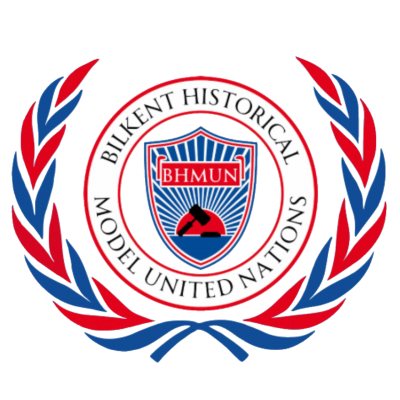
BHMUN'23
Bilkent Historical Model United Nations
Additional Information
Hello Dear BHMUN'23 Applicants,
We invite you to attend the 7th annual session of Bilkent Historical Model United Nations (BHMUN) conference at Özel Bilkent High School. The BHMUN Organization Team will be honored to have you at our conferance.
For further details regarding the BHMUN 2023 conference, please check our website:
Likewise, if you have any further questions regarding the application procedures, please feel free to email: bhmun@bilkent.edu.tr
We can't wait to see you at BHMUN 2023!
Organizers
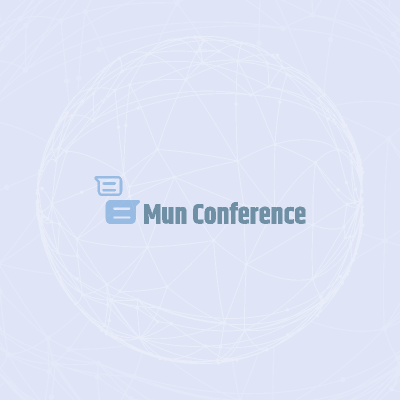


























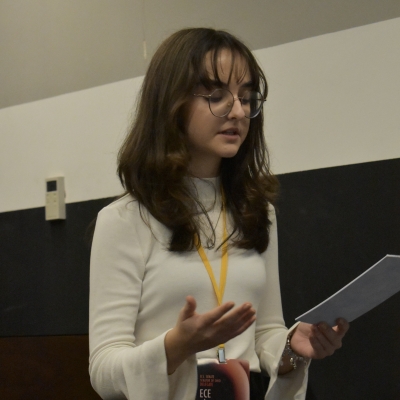



Committees
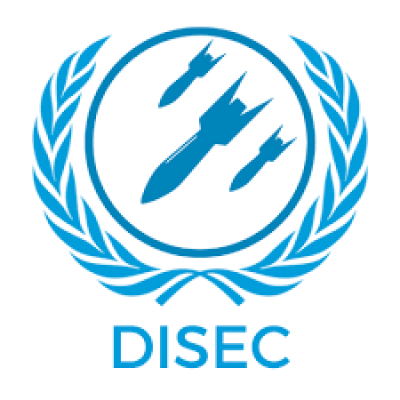
Agenda item:
1. Achieving and maintaining peace in the Portugese Colonial War in Africa
Year:1966
Description:
DISEC stands for the "Disarmament and International Security Committee," which is one of the six main committees of the United Nations General Assembly (UNGA). Each committee within the UNGA focuses on specific areas of international concern and works to address and make recommendations on issues within its purview.
Our committee will consider The Portuguese Colonial War in Africa in the 1960s this is pivotal chapter in the history of decolonization and independence struggles. Emerging from decades of Portuguese colonial rule, African nations such as Angola, Mozambique, and Guinea-Bissau began demanding self-determination and freedom from oppressive colonial regimes. The 1960s marked the intensification of these movements, as nationalist groups like the Popular Movement for the Liberation of Angola (MPLA), Mozambique Liberation Front (FRELIMO), and African Party for the Independence of Guinea and Cape Verde (PAIGC) rose to prominence.
The Portuguese Colonial War in Africa had far-reaching implications, not only for the nations involved but for global diplomacy. The conflict sparked international outcry, prompting discussions in forums like the United Nations about the legitimacy of colonial rule and the right to self-determination. Our delegates will be discussing these issues.

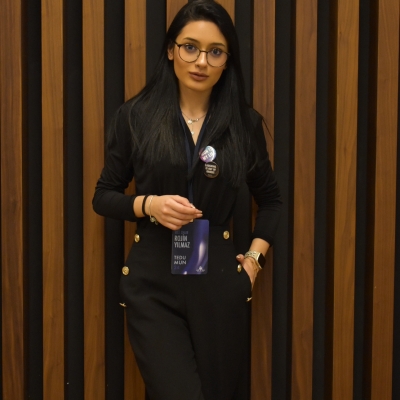
Comments from The Conference
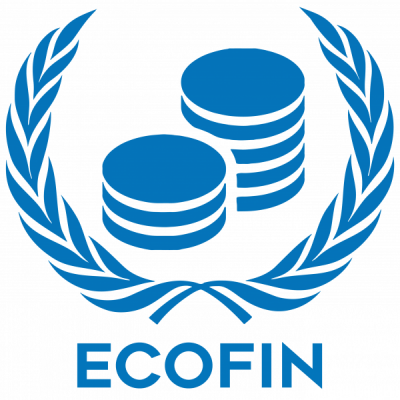
Agenda item:
1. Consequences of the economic reforms in the Eastern bloc nations
Year:1968
Description:
In the 1960s, economic reforms in the Eastern Bloc nations were characterized by various attempts to rejuvenate stagnant economies and improve living standards. While these reforms did not have as dramatic consequences as China's Great Leap Forward, they still left their mark: Economic reforms in the Eastern Bloc, particularly within the People's Republic of China, had profound consequences. China's Great Leap Forward, characterized by ambitious but ill-fated policies, resulted in a catastrophic famine and significant social and political upheaval. Millions perished due to misguided agricultural and industrial initiatives. This period exemplifies the far reaching implications of economic policies, as it not only devastated the Chinese population but also played a pivotal role in reshaping China's subsequent economic trajectory, ultimately transforming it into a global economic powerhouse.
In the Soviet Union, under the leadership of Nikita Khrushchev, there were efforts to decentralize economic planning and promote consumer goods production. These policies aimed to address some of the inefficiencies of the centrally planned economy. However, the results were mixed, with ongoing issues of corruption, bureaucratic hurdles, and uneven economic development persisting.
In Eastern European countries like Hungary and Czechoslovakia, the 1960s saw a push for economic reforms known as the "New Economic Mechanism" in Hungary and the "Prague Spring" in Czechoslovakia. These reforms aimed to introduce limited market-oriented practices, allowing for greater autonomy for enterprises and encouraging innovation. While these changes led to some initial improvements in productivity and consumer satisfaction, they were met with resistance from Moscow, which ultimately crushed these reform movements.
These economic reforms in the Eastern Bloc during the 1960s highlighted the challenges of transitioning from centrally planned economies to more flexible systems. They underscored the tension between economic modernization and the political constraints imposed by the Soviet Union.

Comments from The Conference
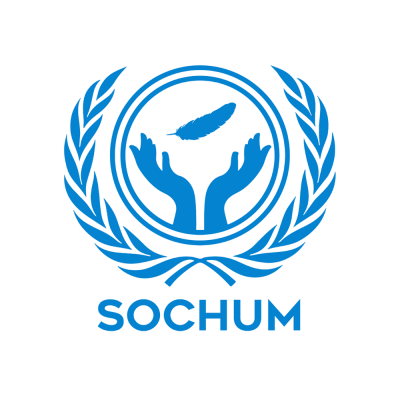
Agenda item:
1. Taking action in response to the global emergance of counter culture, new-left and anti war movement
Year: 1960
Description:
Particularly developed in Western Europe and USA, the common points of the cultural movements named counterculture, anti-war protests and new left were fundamentally based on a broad range of social, cultural and international issues such as American invasion of Vietnam, feminism, women’s rights, rejection of gender roles, human sexuality and African-American rights. These social movements distinguished many revolutionary names like Martin Luther King which are considered as heroes today, and also had a huge impact on changing the lifestyles in Western countries which is mainly based on rejecting cultural traditions, especially the new generations born after the WW2.


Comments from The Conference
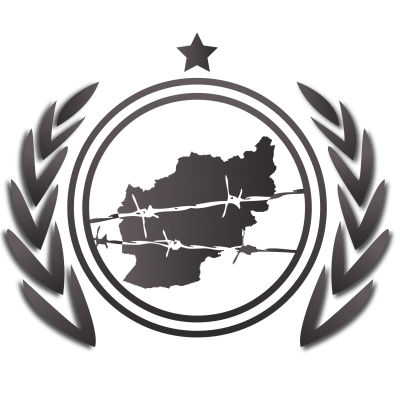
Agenda item: Possible mediation ways in the Vietnam War
Year: 1967
Description:
The Special Committee on Decolonization (C-24) stands at a crossroads where the echoes of history reverberate, underscoring the enduring importance of its mission. In contemplating the Vietnam War, C-24 recognizes that this is not just an issue of historical significance but a contemporary challenge that carries profound implications for regional stability and global harmony.
As the committee takes on the delicate task of navigating the balance point of the Vietnam War, it acknowledges the multifaceted nature of the conflict. Beyond the political and military dimensions, this conflict has left indelible imprints on the socio-economic fabric of the region and the collective memory of its people. In this committee we seek to delve into the root causes of the conflict, recognizing that a comprehensive understanding is essential to pave the way for a just and lasting resolution.
Our commitment extends beyond mere rhetoric; it is a resolute commitment to diplomacy as the cornerstone of conflict resolution. By emphasizing the power of words over weapons, the committee envisions a future where dialogue, empathy, and negotiation replace hostility and division. It aims to foster an environment where all parties involved in the Vietnam War can come to the table with open hearts and open minds, ready to explore pathways to reconciliation. Moreover, acknowledges the importance of involving the voices of the Vietnamese people in this discourse. Their experiences, aspirations, and desires for a peaceful future are at the heart of any sustainable solution. The committee seeks to provide a platform where these voices can be heard, ensuring that the pursuit of self-determination and the right to determine their own destiny remain at the forefront of the agenda.
In conclusion, the Special Committee on Decolonization (C-24), we will approach its mission regarding the Vietnam War with a deep sense of responsibility and a commitment to the principles of peace, self-determination, and diplomacy. It envisions a future where the wounds of the past are healed, where nations unite in the pursuit of common goals, and where the enduring legacy of the Vietnam War is one of reconciliation and cooperation for the betterment of all.
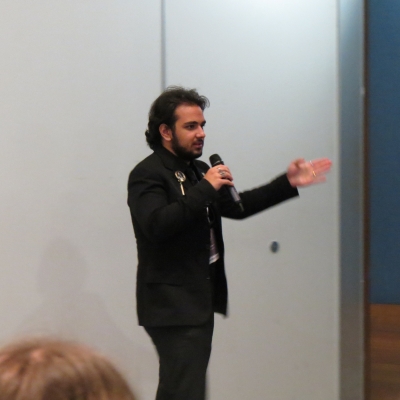

Comments from The Conference

Agenda item: Organizing the legal framework of laws for space expolaration
Year: 1967
Description:
After the conclusion of the Second World War, Europe was left distraught with the Soviet Union and United States remaining as virtually the two juggernauts to establish the new world order. However, organizing a new order was easier said than done and resulted in rising tensions between the two superpowers. Coincidentally, space exploration was flourishing during the same era as Nazi Germany has launched the first man-made object into space during the war under the supervision of Werner von Braun. Following these accomplishments, a new-found interest in space exploration amongst the governments and the people of both the US and the USSR, combined with the tensions and competition between the two powers resulted in the iconic Space Race. Even if ventures into space was exciting, it was still an adventure that humanity had never experienced before and some ground was to be laid in order for it to be kept in control. This single issue is what our committee is aimed to address. Delegates are expected to set the legal borders and regulate this phenomenon in the best interest of humanity.


Comments from The Conference
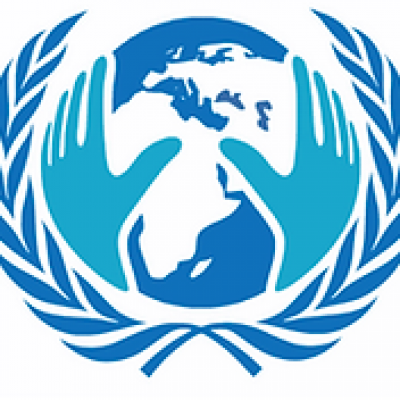
Agenda item: The Process of Sino-Soviet and its economical and social consequences
Year: 1968
Description:
The Sino-Soviet Split was a significant ideological and geopolitical rupture that emerged in the late 1950s between the two major communist powers, the Soviet Union and the People's Republic of China. Stemming from differences in their interpretations of Marxist ideology and approaches to international communism, the split led to a deepening divide over issues such as leadership of the global communist movement and the path to achieving socialism. The ideological schism had early consequences on international politics, influencing the dynamics of the Cold War and altering alliances within the communist world. The split resulted in China pursuing an independent foreign policy, seeking to establish its leadership in the developing world, while the Soviet Union aimed to maintain its influence over Eastern Europe and the established communist order. This rupture not only reshaped the global balance of power but also had long-lasting impacts on the trajectory of both nations' domestic and foreign policies.


Comments from The Conference
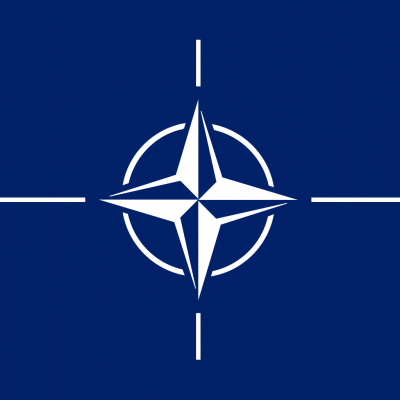
Agenda item: Iron Curtain and NATO's Future Strategic Concept
Year: 1965
USG and President Chair: Burak Şahin
Description:
The North Atlantic Treaty Organization, also known as NATO, is a collective security system which established to provide intergovernmental military alliance between member states. The treaty was signed during the aftermath of World War II, to provide collective security against the Soviet Union, between several Western Nations, in Washington D.C, 1949. And Committee’s main objective is to find solutions and take appropriate action regarding the diplomatic and geopolitical perspectives and significant details of its agenda, which was one of the biggest events in Cold War era, the "Iron Curtain" that the Soviet Union erected as a political, military, and ideological shield after World War II to isolate itself and its reliant allies in eastern and central Europe from direct interaction with the West and other noncommunist regions.
The primary aim of the discussions in the aforementioned committee is to come up with major proposals regarding NATO and the way that the member states of the strategic partnership will conduct themselves in this circumstance while also being considerate in the alliance's interests and benefits, the member states' present and future, and to prevent problems that will leave permanent traces in history.


Comments from The Conference
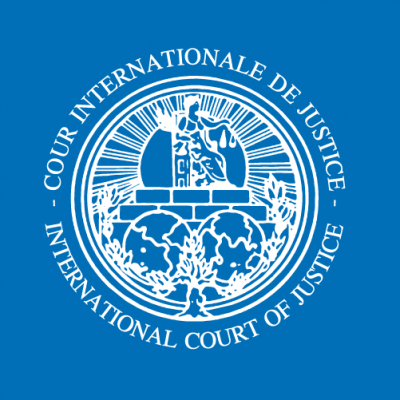
Agenda item: Case Concerning the Temple of Preah Vihear
Description:
The International Court of Justice (ICJ) is the main judicial organ of the United Nations. Established in 1945 by the Charter of the UN, it has its home in the Peace Palace at The Hague, Netherlands. The court's role is to settle legal disputes submitted to it by states in accordance with international law and to give advisory opinions on legal questions referred to it by authorized United Nations organs and specialized agencies. The court decides disputes between countries, based on the voluntary participation of the states concerned. If a state agrees to participate in a proceeding, it is obligated to comply with the court's decision.
The court consists of judges and advocates. The role of the judges is to decide which of the states involved in a case has merit and the role of the advocates is to argue their case to the court in order to sway the judges to decide in favor of the state that they are representing. The proceedings of the court are dictated by three senior judges with special titles: the president, the vice president, and the registrar.
The case regarding the temple of Preah Vihear is a territory dispute between Cambodia and Thailand, with Cambodia as the plaintiff and Thailand as the defendant. The Preah Vihear Temple is an ancient temple that was built during the Khmer Empire on top of a cliff in the Dangrek Mountains. As is the case in most territory disputes, both Cambodia and Thailand claim the temple to belong to their respective nations. The dispute arose from the different maps each party used in national delimitation. Now, the role of the court will be to determine which country will get to keep the Preah Vihear Temple as part of its sovereign borders.
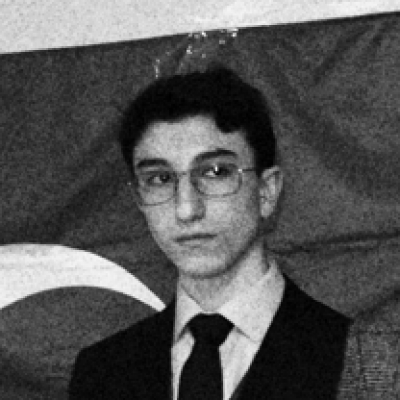
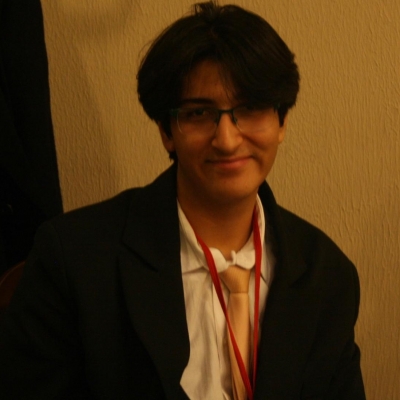
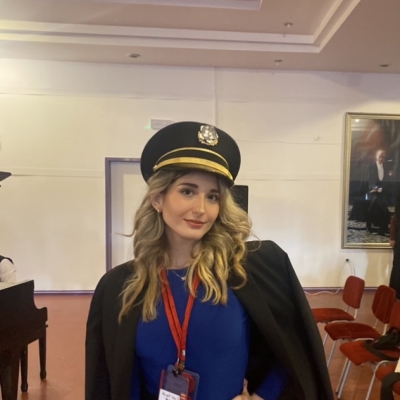
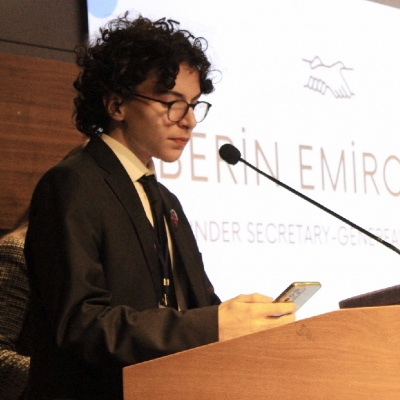
Comments from The Conference
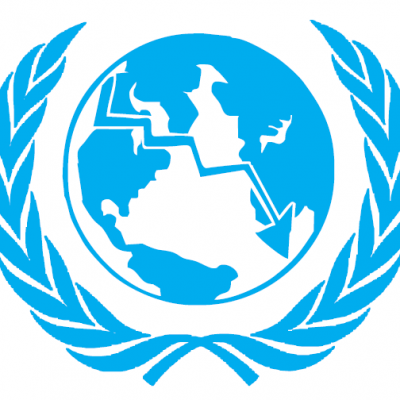
Agenda item: The Assasination of JFK
Description:
John Fitzgerald Kennedy is still one of the first names that come to mind when one thinks of the most extraordinary and famous names in American history in many respects. The end of the life of John F. Kennedy, who has always been a prominent person both in the environment in which he grew up and throughout his political career, is just as dramatic and striking. John F Kennedy, the youngest president in the history of the USA, the first catholic president in the history of the USA and the only president in the history of the USA to win the Pulitzer Prize, has not left his innovative, sensitive and embracing attitude from the first day he entered politics.
On November 22, 1963, John F. Kennedy was assassinated with his wife in an open-top car in Dallas, and since then the great mystery about this specific event has still not been opened. The only obvious thing left is the burden that fell on John F. Kennedy's cabinet. Since then, more than one American president has referred to the fact that the event is still not disclosed to the public in full detail, but none of them has yet clarified this event and there are still dozens of conspiracy theories circulating. In this historical crisis committee, the delegates as members of John F. Kennedy's cabinet will try to run the US administration from this chaotic day. They will be expected to unravel what mysteries lie behind this assassination, along with the important and urgent problems they have to deal with in foreign policy.

Comments from The Conference
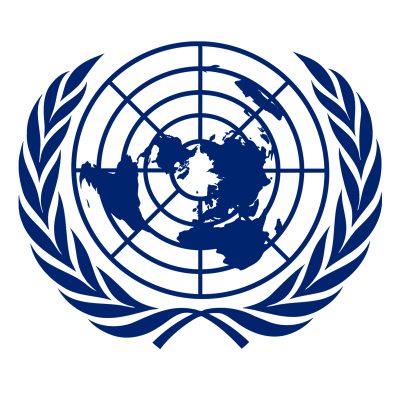
Agenda item: Franco-Prussian War
Year: 1870
Description:
The Franco – Prussian War, was a series of battles between the German Confederation and France, starting in 1870 and ending in 1871. Its results were radical for the belligerents, leading to the fall of the Second French Empire and a civil war ignited by the Commune, followed by the unification of German states as the German Empire under the aegis of Prussia. French hegemony in continental Europe ceased as the balance of power shifted to Central Europe.
After the Seven Weeks’ War was concluded the dispute of leadership over German states, with Prussia claiming victory against Austria, had finally come to an end, therefore threatening French dominance over Europe. Once the candidacy of Prince Leopold of Hohenzollern-Sigmaringen for the Spanish throne came to hand, following the deposition of Queen Isabella II in 1868, Franco–Prussian tensions spiked, as Prince Leopold was related to the Prussian dynasty. The French Empire was highly alarmed and felt threatened, as the Prussian chancellor Otto von Bismarck and Spanish de facto leader Juan Prim persuaded Prince Leopold to accept the Spanish throne in 1870. Even though the candidacy was withdrawn after French diplomatic pressure, King William I of Prussia refused to bow to the French ambassador’s demands to disallow Prince Leopold to be a candidate ever again for the Spanish throne.
Following the involvement of Bismarck in future communications and provocating the French Empire to have a declaration of war upon Prussia, war broke out in July 1870. The participants of the aforementioned conflict within the conference carry heavy duties above their shoulders, as they must both diplomatically and economically surpass the enemy and manage their impressive and modern militaries to their peak performance. After all, the future of European power struggles relies on their minds.


Comments from The Conference
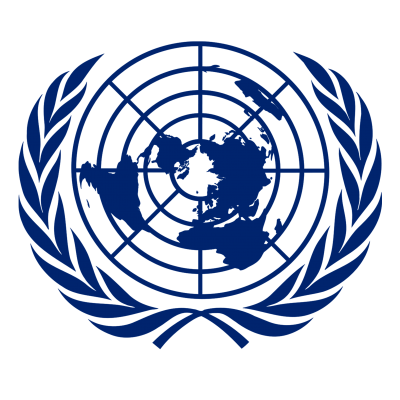
Agenda item: Gallipoli Campaign
Description:
The Gallipoli Campaign (1915), also known as the Dardanelles Campaign was a military operation initiated by the Entente Powers -the British Empire, Russian Empire and France- against the Ottoman Empire. Primarily led by British forces, the campaign unfolded with a series of amphibious warfare, naval and land battles.
Gallipoli Campaign is considered to be one of the main determinants of World War I and sets the scene for the Turkish War of Independence, with Commander Mustafa Kemal Atatürk’s rise to prominence.
In this Joint Crisis Committee, as we delve into this agenda item, commanders and leaders of both the Entente and Ottoman Cabinets are expected to relive this pivotal moment in history, showcasing the complexities of international warfare and diplomacy.









